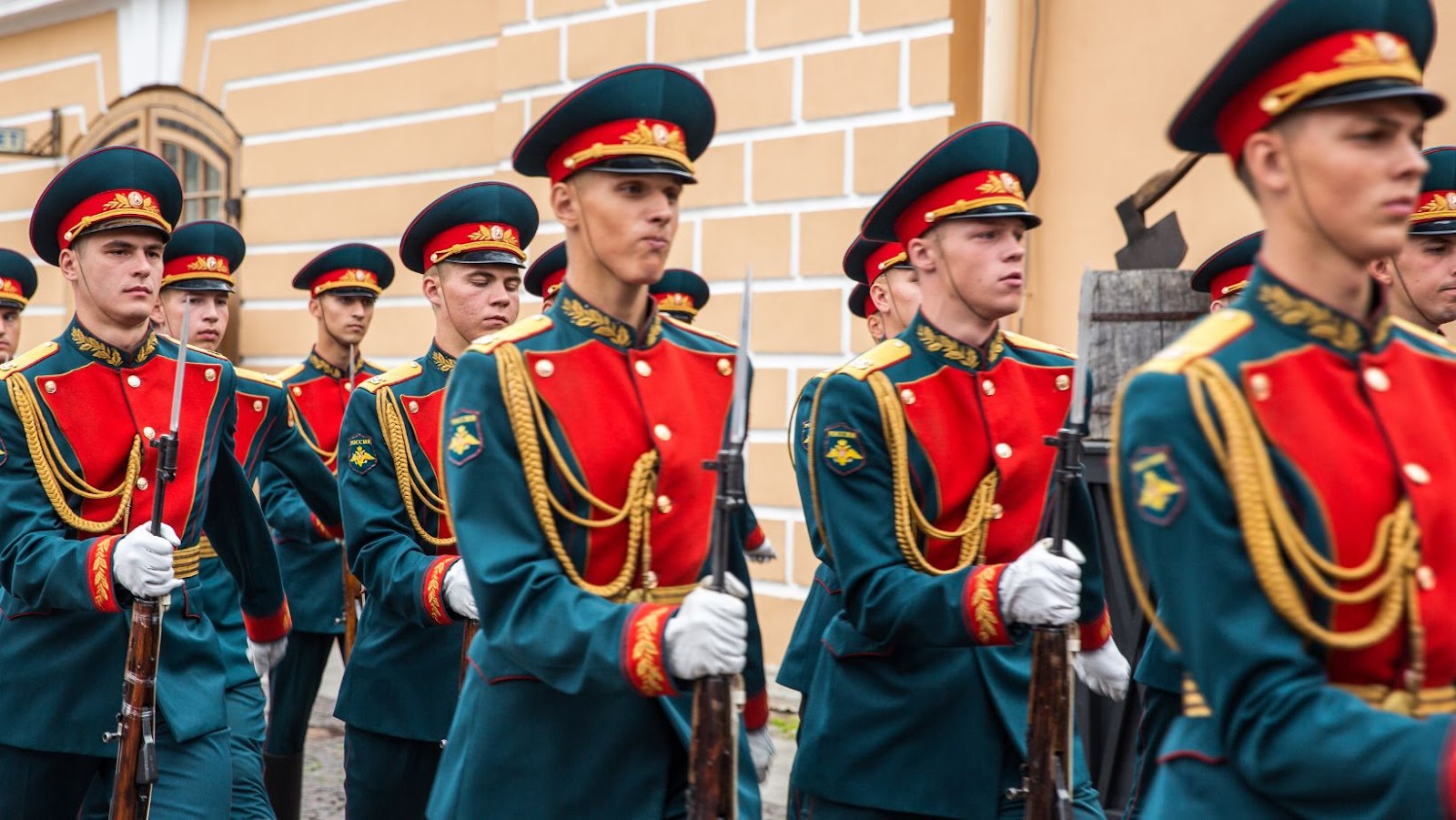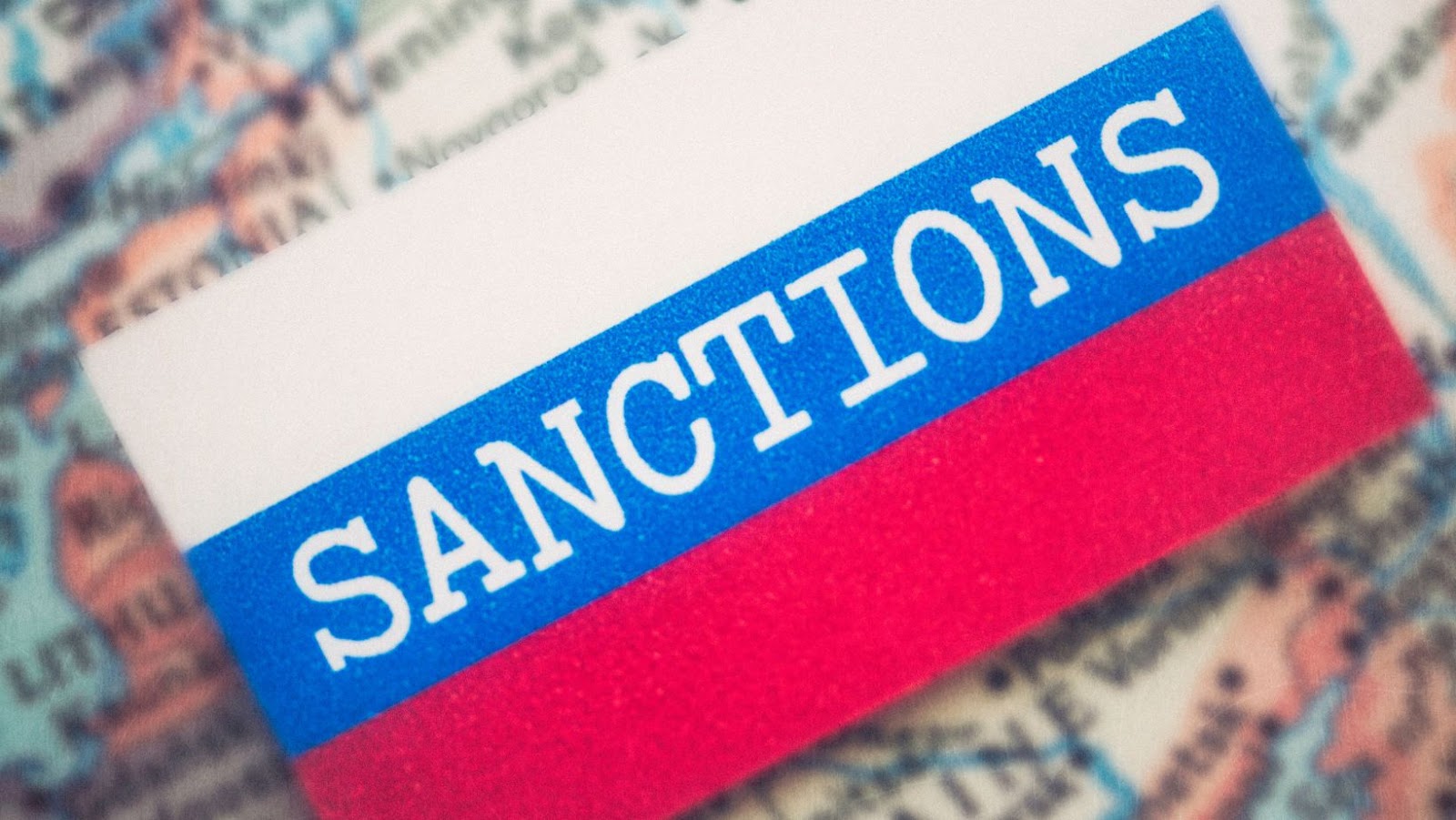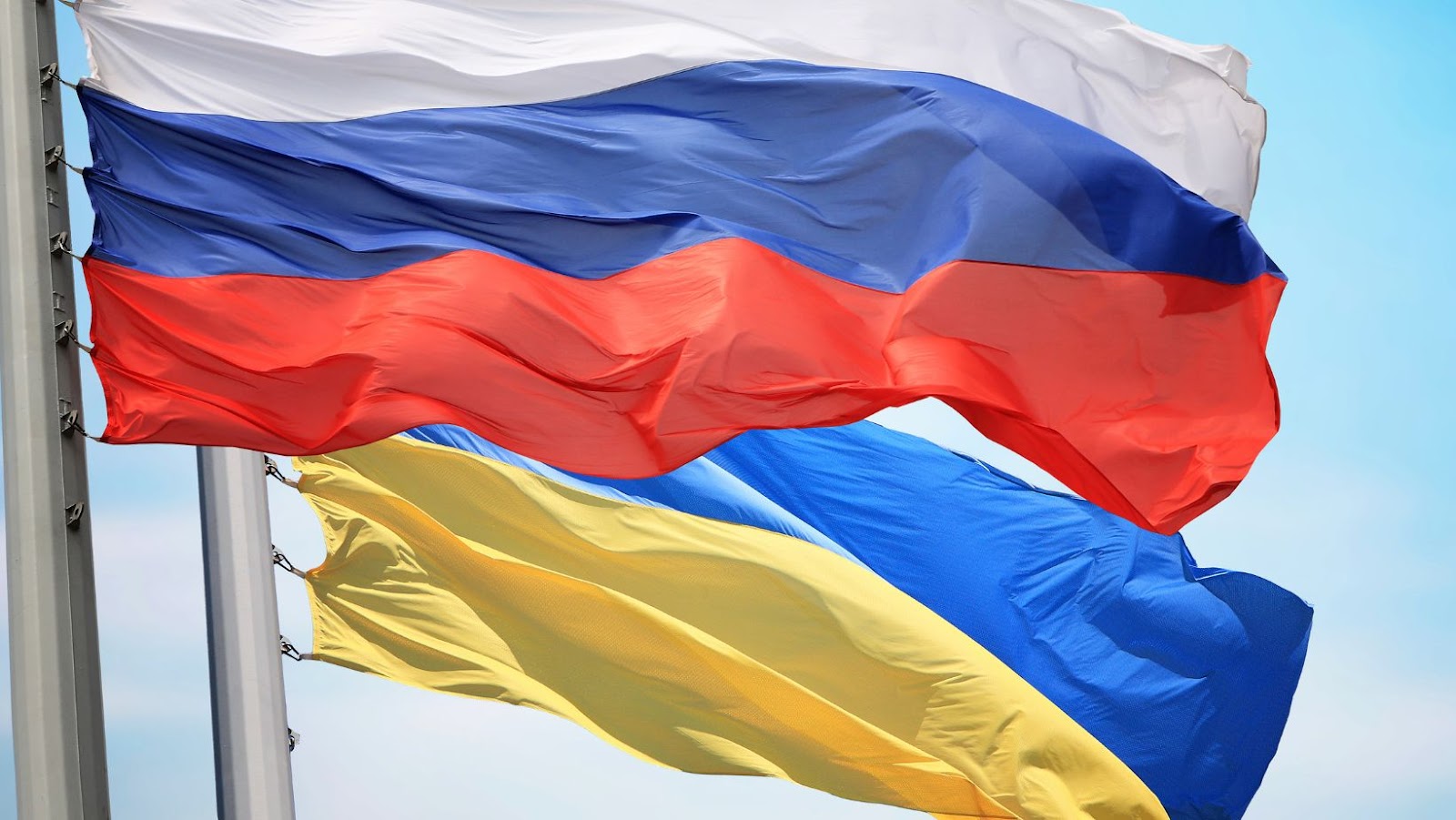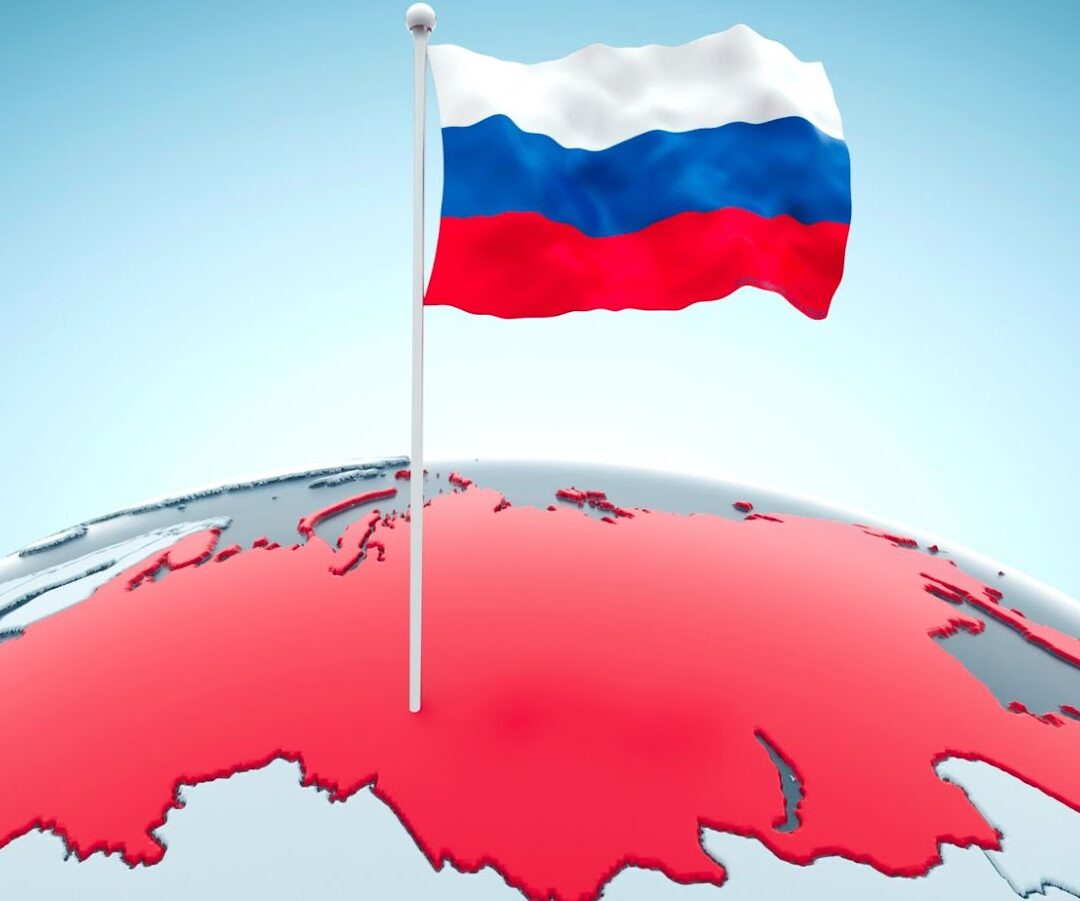Russia’s parallel reality is a chilling concept that has recently caught the world’s attention. This reality has been defined by various social, political, and economic factors which have created a distinct atmosphere in Russia, one that appears on the surface to be in direct contrast with the rest of the world. In this article, we will explore the implications of this parallel reality for the global community and discuss how it could shape the future of international relations.
Inside The horror of Russia’s Parallel Reality
The Russian Parallel Reality (RPR), also known as the Kremlin Virtual State, is a concept that first emerged in the years after the Cold War. The term has been used to explain a phenomenon whereby the Russian government develops and promotes a narrative on an issue which contradicts factual evidence or international norms. This parallel reality is projected through state-run media and Moscow-backed think tanks, creating an alternative world in which opinion is divergent from mainstream understanding.
The purpose of this parallel reality is to sow division in foreign countries, divide different factions within their own population, and maintain control over public discourse by creating an alternate version of history or facts that Russians can be loyal to. The Kremlin Virtual State creates alternative narratives propagated by Russia’s powerful network of media outlets and social media accounts so that they eventually become alternative “facts” accepted by many Russians. These false facts are leveraged as strategies for foreign policy initiatives to influence democracies around the globe and expand their political control. In doing so, Russia seeks to present itself as a unique power that holds both legitimacy and value for other nations who would otherwise reject its authority or ignore its interests altogether.
Overview of The Causes and Consequences of The Russian Parallel Reality
The Russian Parallel Reality (RPR) development has had massive implications on global politics, strategic power, and civil liberties. However, the reasons for its emergence and its long-term consequences and implications are complex and often misunderstood. To better understand how the RPR was formed and why it is still a powerful tool for the Kremlin, this article will explore the historical context of its development, how technology is used to exert control over citizens’ lives, and how its presence has changed foreign relations between Russia and other countries. It will also address the widespread threats posed by its existence today.
It can be argued that the major cause of the Russian Parallel Reality was President Vladimir Putin’s desire to stay in power despite his lack of popular support among his people. Therefore, he worked to gain control over their information through various tactics such as restricting access to international news sources online, manipulating press coverage following certain issues or events connected to dissidents or oppositionists, introducing laws preventing NGOs from receiving foreign funding sources – which hampered their activities – and aggressively curtailing freedom of speech in compliance with several repressive laws such as “Yarovaya” amendments (which has been widely criticised by activists). All these pressuring tactics combined created a new form of autocratic engineering – an underlying system where people were controlled on many levels through sophisticated manipulation. This not only contributed towards creating an environment which kept popular protests from occurring but also induced self censorship in public discourse about political matters or topics that could potentially bring danger to them or even result them into imprisonment if uttered without caution.
The immediate effects were twofold – firstly agitation against any potential liberal reform became non-existent in mainstream media , television programs , magazines; secondly there were noticeable limitations for civil liberty and freedom of expression . Moreover, as citizens were held back from being involved into any dialogue regarding Russia’s future due primarily because of fear from repression ,the Kremlin had effective leverage on national level politics via puppet government assemblies while blocking access towards any voices that would criticise regime activities . Eventually this created a facade where false reality was presented inside outside country borders via propaganda techniques such internet trolling campaigns aimed discrediting opponents domestically and abroad.

The Soviet Union and Its Legacy
The Soviet Union was founded in 1922 due to the Russian Revolution and ended with its dissolution in 1991. From its inception, the Soviet Union was an experiment in state socialism and a planned economy, which sought to supplant capitalism with collective ownership of the means of production and create a socialist society. The Union was made up of 15 constituent republics: Russia, Ukraine, Belarus, Uzbekistan, Kazakhstan, Kyrgyzstan, Tajikistan, Turkmenistan Moldova (formerly part of Romania), Azerbaijan (formerly part of the South Caucasus), Estonia, Latvia and Lithuania (formerly parts of Imperial Russia).
The Post-Soviet Period and Its Impact
The fall of the Soviet Union in 1991 not only created an opportunity for political, economic and social change in Russia, but it had ripple effects across the globe. After the dissolution of the Soviet Union, its former republics became independent states whose chosen paths to future development diverged greatly from that of their predecessor. This period of transformation within Russia left a multi-faceted mix of opportunities and obstacles; some embraced the new opportunities, including greater freedom from a repressive regime, while others faced poverty and unemployment that came with democratisation and free market reforms.
The fall also coincided with other significant world events, such as the end of the Cold War and opening up to foreign markets which changed global power dynamics. During this period, a new identity emerged for Russia as an open democracy that could forge better relations with Western powers without fear of Communist domination. Additionally, there was a reevaluation within Russia regarding its relationship with other countries in the Commonwealth of Independent States (CIS); economic ties were formed that sparked trade liberalisation between all member states.
At this same time, Europe began privatising industries, including communications technology, leading to a more connected global community than ever before. Advances in technology allowed individuals to access more information than ever before as well as increasing access to economies around the world. Moreover, digitised media made it possible for people worldwide to connect instantaneously and opened unprecedented communication potential between previously inaccessible groups or nations. Thus, Russian citizens began physically and virtually connecting with people outside their own country’s borders, which influenced their perspectives on politics, culture and identity throughout this period of change.
The Kremlin’s Role in The Russian Parallel Reality
The Kremlin has been integral in developing and maintaining the Russian parallel reality—an alternate version of both Russia and world events crafted by the Russian government. This narrative fundamentally shapes Russian public opinion, influences attitudes toward other nations, and ultimately renders any engagement with Russia unpredictable.
In crafting their alternative narrative, the Kremlin has relied on conventional instruments of state power and advanced technologies and tools that have become available in the digital age. These include extensive media campaigns, including state-owned outlets (such as RT) and trolls on social media platforms; cyber operations to suppress opposition voices or hack into politically sensitive accounts (including those belonging to U.S., German, French politicians); clandestine paramilitary forces like Wagner Group; online portals featuring manipulated content like SouthFront; and product placement of pro-Russian propaganda in foreign media outlets.
Though it often understates their role in creating this narrative, the Kremlin recognizes its importance in sustaining their political position at home amidst domestic challenges related to corruption, economic slump, and a low oil price climate. By establishing a false equivalence between Western and Russian realities—and constructing enemies when faced with criticism—the Kremlin ensures that domestic populations view Moscow’s actions favourably while deflecting any potential internal disruption or international condemnation.
Given this complex foundation of national interests intertwined with propaganda techniques employed by the Kremlin, understanding the development of Russia’s alternate reality is key to navigating relations between Russia and other states worldwide.
The Impact of The Russian Parallel Reality on The International System
The concept of a “Russian parallel reality” has taken hold in recent years, as the Kremlin has increasingly sought to promote an alternate interpretation of key events on the international stage. This strategy has created a narrative that is at odds with widely accepted accounts, and which has the potential to upend existing power dynamics by challenging widely accepted truths.

The implications of this approach are far-reaching and vary depending on the context. At its most extreme, it can undermine traditional diplomatic norms, as seen in Russia’s attempts to sow doubt around the United Nations’ findings on the downing of Malaysia Airlines Flight 17 over Ukraine in 2014. Even more commonly, this approach is used by Moscow to distort historic events and geopolitical realities so that they better align with Kremlin objectives.
Moreover, it has become apparent that this form of information warfare can effectively shape public opinion and influence decision-making processes at all levels of government. By presenting an alternate version of reality that is more favourable to their objectives, Russia has gained both political influence and legislative traction on issues ranging from Crimea annexation and sanctions relief for allies in Syria to cyber defence policy domestically.
At present, there remains a lack of understanding among international actors about how exactly this form of information warfare can be countered—it relies heavily on efforts from media literacy organisations, educational institutions, civil society groups and even gaming companies who all need to increase public awareness around disinformation campaigns coming from Russia or other sources. Various governmental organisations have begun exploring options for how best to respond; however these processes are still in their infancy compared with other nations’ capabilities in this area—which means governments remain vulnerable as long as there is no coordinated effort with clear lines demarcating truth from propaganda.
Social Implications
The Russian parallel reality has caused a great deal of debate across the globe due to its implications on society and culture. In this article, we will look at the social implications of this concept, examining how it has caused division and raised questions about freedom of expression. By looking at the range of responses, it is evident that the concept of a parallel reality has sparked controversy and pushed us to consider the boundaries of our beliefs.
The Impact of The Russian Parallel Reality on Russian Society
The world has continuously witnessed a new type of ‘reality’ through Russian propaganda, establishing a sense of ‘alternative’ realities in their society. Russian citizens are becoming increasingly conscious of their social bubbles despite the emergence of ‘fake news’ and other forms of information manipulation. They are aware that they are being subjected to internalised forms of control and censorship.
This shift in societal discourse can have long lasting implications on the social dynamics found within Russia. It has given rise to an array of politically motivated topics such as Kremlin corruption, regional inequalities, and oligarchic behaviour amongst wealthy industrialists with ties to the Russian state. Such topics are often shut down by institutional forces like the media outlets close to power or by private censorship from citizens worried about potential repercussions from discussing political matters. This is done to create a more homogenous view on current issues, which helps perpetuate false narratives about Russia’s place in the world and its relation with other countries.
On a much broader level though, it calls into question fundamental concepts such as truth, facts and democracy which have been traditionally accepted in modern societies. The emergence of false information combined with traditional narrative structures have allowed people to construct their version of what is going on; often sweeping unpalatable truths under the rug while emphasising others that they will agree with or appeal personally to them (confirmation bias). People become desensitised to these differences between truth and fiction which presents clear risks for those living on the edge outside state control where strategic economic activity can take precedence over moral or ethical concerns – quite literally a detached shadow society that many feel little loyalty towards.
It is through this creation that serious questions about society can be asked without fear for repercussion; understanding how authority is respected or abused based off how its principles come into conflict with people’s everyday lives should serve as a reminder that regardless of lies broadcasted by mainstream sources such public scrutiny should never go unnoticed nor unnoticed .In doing so individuals recognise their rights and responsibility at large – reassuring open discussion for generations ahead without fear for consequence or backlash.
The Impact of The Russian Parallel Reality on the Global Community
The Russian parallel reality refers to the country’s concerted effort to undermine faith in democratic institutions and promote its agenda through a wide range of sophisticated methods, including cyber-attacks, disinformation campaigns, and propaganda. The Russian approach to media manipulation has seriously impacted global public opinion and poses a daunting challenge for democracies worldwide.
In recent years, foreign governments have become increasingly aware of the implications of this Russian parallel reality. From countries in the West to China and India, world leaders are worried about potential threats to international stability if Russia can further weaponize information warfare and spread false narratives across borders. Moreover, with more citizens using social media as their main source of news and information, it is easier for these manipulative tactics to reach and influence wider audiences with potentially devastating consequences.
Political leaders must urgently implement measures that counteract these efforts. While traditional diplomacy and coordination between nations can help foster greater trust among international actors, stronger legal frameworks are required to prevent external interference in domestic politics. Additionally, it is essential for citizens in democratic societies to be aware of how they can be manipulated and actively search for reliable information that can shed light on current events away from any political biases or agendas.
Economic Implications
Russia’s parallel reality has had a profound impact on the world economy. Russia’s secret surveillance techniques have made it difficult for countries to trade with and invest in each other, decreasing global economic growth. Moreover, this parallel reality has also caused an increase in global economic uncertainty, making it difficult for businesses to make long-term plans. In addition, the Russian government has also been accused of manipulating global financial markets and taking advantage of the vulnerabilities of other countries. Let us now look at the economic implications of this parallel reality in greater detail.
The Impact of the Russian Parallel Reality on the Russian Economy

The concept of the Russian parallel reality has had an undeniable impact on the Russian economy. However, the nature of this impact is not straightforward as it depends upon various political, social and economic factors.
In terms of politics, the effect of the Russian parallel reality can be seen in increased support for President Vladimir Putin who stands to benefit from a unified nation with a strong sense of solidarity against external forces. This has been demonstrated in past elections where Putin’s approval ratings have held up, even when Russia’s economy has struggled or the government has been condemned internationally. From a political perspective alone it demonstrates how having a strong sense of nationalism aids Putin’s standing within his own country and supports further approval for his actions domestically.
When looking at the social context of this phenomenon, one can observe how many Russians embrace bold displays such as military parades or aggressive counter-measures against sanctions imposed by international powers. Such displays speak to citizens’ feelings associated with power and influence – feelings that arise from the need to measure themselves above neighbouring states or their Soviet legacy. It also carries potential financial implications as these aggressive displays are often financed by public funds that could be more productively used elsewhere.
About economic implications, it is clear that numerous businesses take advantage of this atmosphere to ramp up domestic consumption each time Russia faces sanctions or embargoes from abroad. Businesses target patriotic sentiment when appearing in current news cycle programs eG films & music etc) As people become immersed in the idea they spend more buying increasingly expensive goods resulting in an improved business environment with real tangible financial benefits for investments corporations and banks across Russia especially those partnerships between state firms private companies
The full implications are still yet to be felt but what we do know is this global phenomenon will undoubtedly have a lasting effect on every aspect of life within Russia both politically, socially and economically for years to come.
The Impact of The Russian Parallel Reality on the Global Economy
The implementation of the Russian Parallel Reality (RPR) has had a profound effect on the global economy. As the first ever parallel currency system in the world, it is essentially an alternate form of money – it does not depend on international exchange rates nor does it rely on physical gold or silver reserves. It is a digital transfer between individuals, businesses and organisations with no central authority governing it.
The consequences of the RPR have been far reaching, impacting everything from markets and investments to financial stability and international trade. In particular, investors have started looking at RPR as a potential hedge against riskier assets, while countries like China have adopted measures to limit its impact on their financial system. This has led to increasing uncertainty levels for investors in Russia and abroad.
At the same time, some economists argue that adopting RPR could boost economic activity. By introducing competition into an uncompetitive market, business owners might start innovating more quickly to capture a larger market share. This could encourage more efficient use of resources as entrepreneurs look for ways to create value from limited resources and understand how they can maximise profits while minimising costs.
Ultimately, only time will tell if RPR will become part of our lives or remain as just another fascinating concept in economics textbooks. What is certain though is that this unprecedented experiment has already started leaving its mark on our lives – social, political and economic alike – even if we do not completely know all its effects yet.
tags = ukraine vs russia, ukraine russia war, russian state propaganda, northern ukraine, ukrainian russia financialtimes, ukrainian russia russiacontrolledgross financialtimes, ukrainian donbas russiacontrolledgross financialtimes, ukrainian russia donbas financialtimes, ukrainian russiacontrolledgross financialtimes, occupied ukraine, russian worls, russian ukrainian war, ukrainian general prosecutor



